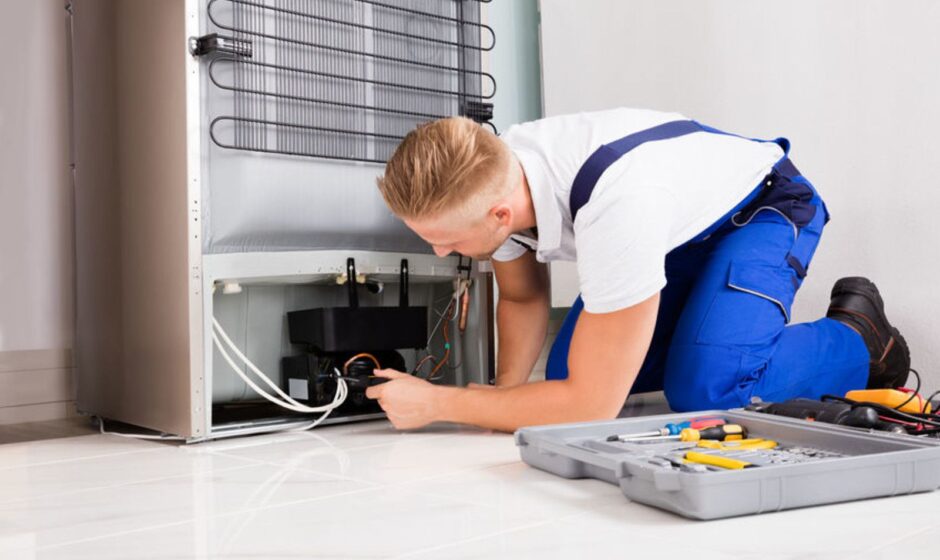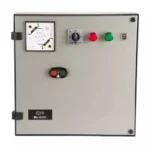Your refrigerator is one of the most vital appliances in your home, working tirelessly to keep your food fresh and safe to eat. However, like any machine, it requires regular upkeep to function efficiently and avoid costly repairs. In this guide, we’ll explore how to prevent common refrigerator problems with regular maintenance and how companies like Salt Life Appliance Repair can be your partner in keeping your appliance running smoothly.
Why Regular Maintenance Is Crucial
A refrigerator that’s neglected can lead to a host of issues, including spoiled food, increased energy bills, and expensive repairs. Regular maintenance not only extends the lifespan of your appliance but also ensures optimal performance, keeping your food fresh while reducing utility costs. Let’s delve into actionable maintenance tips to help you avoid these pitfalls.
Common Refrigerator Problems You Can Avoid
1. Refrigerator Not Cooling Properly
This is one of the most frequent complaints homeowners have. Regularly cleaning the condenser coils can prevent this issue, as dirt buildup forces the refrigerator to work harder, reducing its cooling efficiency.
- Solution: Clean the coils every six months. Use a vacuum or a coil brush for thorough cleaning. If the problem persists, contact Salt Life Appliance Repair for a professional evaluation.
2. Frost Build-Up in the Freezer
Excess frost in the freezer often indicates a problem with the door gasket or improper sealing.
- Solution: Inspect the door gasket for cracks or damage. Replace it if necessary. Also, avoid overloading your freezer, as this can impede airflow.
3. Water Leaks from the Refrigerator
Water leaks are typically caused by a clogged or frozen defrost drain.
- Solution: Unclog the defrost drain using warm water and a pipe cleaner. If you’re unsure about handling this, schedule a maintenance check with experts like Salt Life Appliance Repair.
Tips for Regular Refrigerator Maintenance
1. Check and Replace Door Seals
The door seals (gaskets) play a critical role in keeping the cold air inside. A damaged seal forces the fridge to use more energy.
- Test the seals by closing a dollar bill in the door. If it slips out easily, the seal needs replacement.
2. Set the Correct Temperature
Keeping your refrigerator and freezer at the right temperature is key to energy efficiency and food safety.
- The fridge should be set between 37°F and 40°F (3°C to 4°C), while the freezer should be at 0°F (-18°C).
3. Keep the Coils Clean
Dirty condenser coils cause the fridge to overheat and reduce efficiency.
- Clean them biannually with a coil brush or vacuum. If your coils are hard to access, consider reaching out to Salt Life Appliance Repair.
4. Organize Your Refrigerator Properly
Overcrowding your fridge blocks air vents, reducing airflow and efficiency.
- Store items strategically, leaving space around vents. Also, avoid putting hot food directly into the fridge, as it raises the internal temperature.
5. Defrost Regularly
For older models, manual defrosting is essential to prevent frost buildup.
- Defrost when the frost layer reaches about a quarter-inch thickness.
The Role of Professional Maintenance
While regular DIY maintenance is essential, scheduling professional servicing once a year is equally important. Technicians from services like Salt Life Appliance Repair can detect hidden issues early, saving you from expensive repairs down the line.
- Professional maintenance includes checking refrigerant levels, ensuring proper airflow, and inspecting electrical components.
FAQs
Q1. How often should I clean the condenser coils on my refrigerator?
You should clean the condenser coils at least twice a year to maintain optimal performance. If you have pets, more frequent cleaning is advisable due to hair accumulation.
Q2. What should I do if my refrigerator is still underperforming despite regular maintenance?
If your refrigerator continues to have issues despite regular maintenance, consult a professional technician. Services like Salt Life Appliance Repair can diagnose and resolve complex problems efficiently.
Q3. How can I tell if my refrigerator’s door seal needs to be replaced?
You can test the door seal by closing a piece of paper or a dollar bill in the door. If it slides out easily, the seal is not tight enough and may need replacement. A damaged seal can lead to higher energy bills and reduced cooling efficiency.
Q4. How do I prevent odours from developing in my refrigerator?
To prevent odors, clean your refrigerator regularly by wiping down shelves and drawers with a mixture of baking soda and water. Store food in airtight containers and check for spoiled items weekly. Placing an open box of baking soda inside the fridge can also help absorb unpleasant smells.
Q5. Is it normal for my refrigerator to make noise?
Some noise is normal, such as humming or clicking sounds from the compressor or defrost cycle. However, loud or unusual noises like rattling, grinding, or squealing may indicate a problem with the fan, motor, or compressor. If these noises persist, consider contacting Salt Life Appliance Repair for a professional diagnosis.
Conclusion
Knowing how to prevent common refrigerator problems with regular maintenance is a game-changer for homeowners. By following these simple tips and scheduling periodic professional servicing, you can extend the life of your refrigerator, reduce energy costs, and avoid inconvenient breakdowns. Remember, a small investment in maintenance today can save you a significant amount in repair costs tomorrow.



